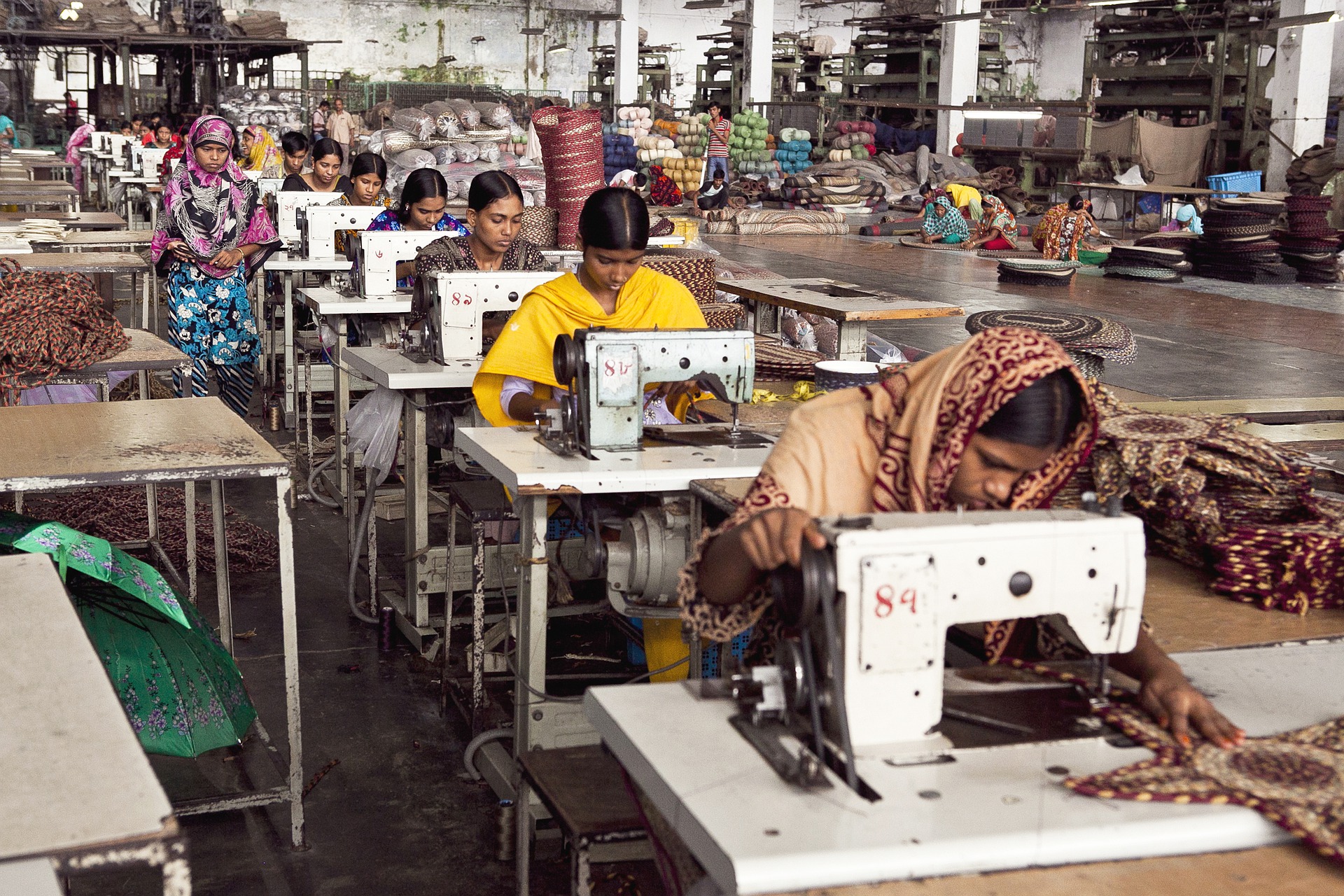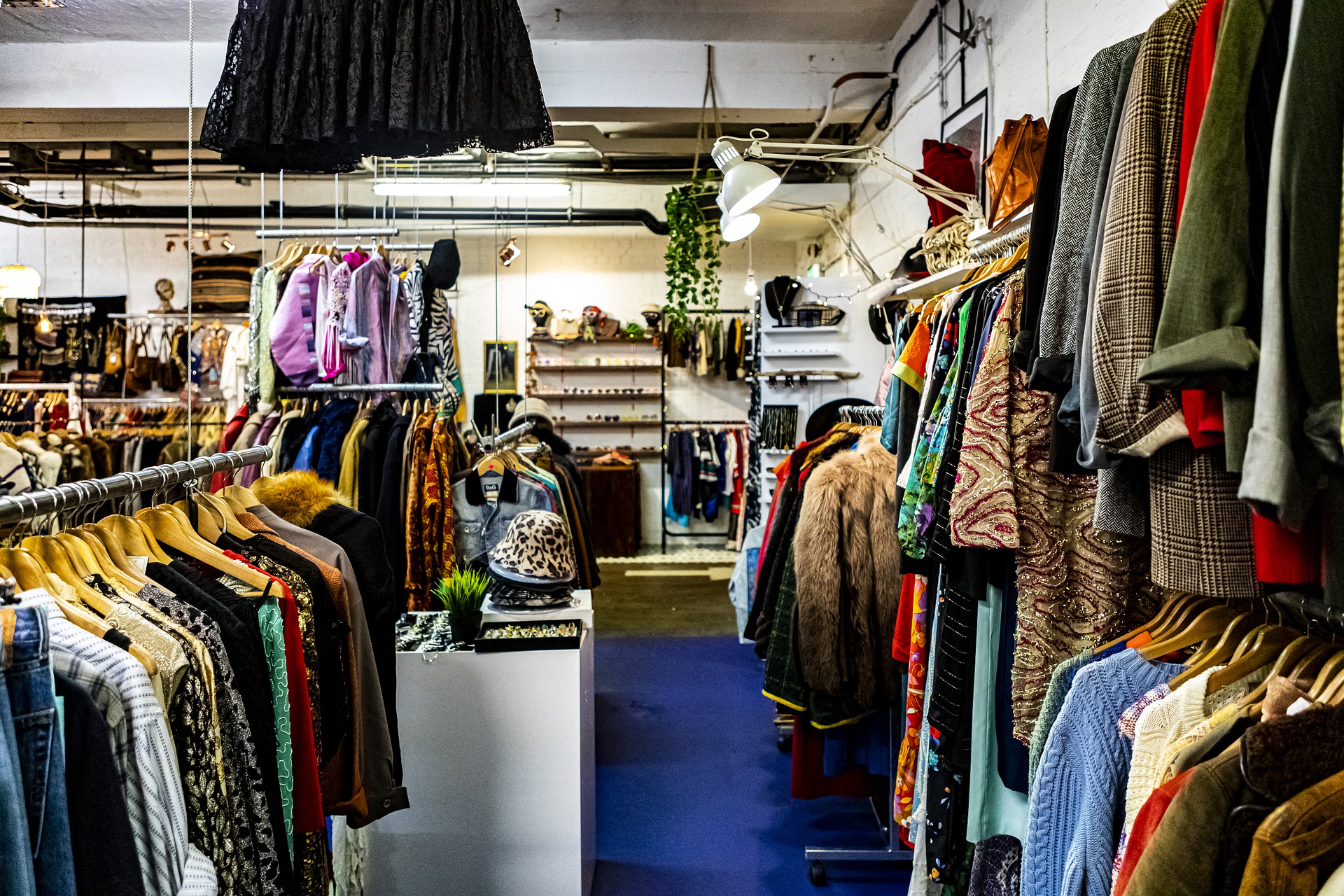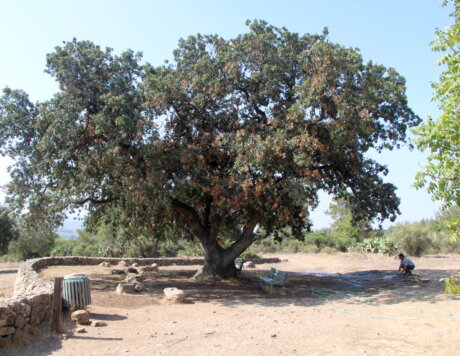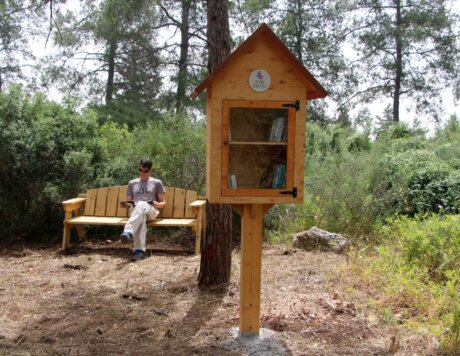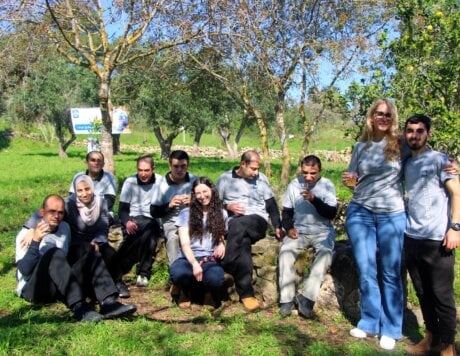She was born in Kiryat Hameshorerim in Petach Tikva and moved to Moshav Matan, near Kfar Saba. When she was studying her master’s degree in public policy she participated in a course “Public Policy and Sustainability”, almost by chance, and her heart was captivated.
During an assignment for the course, the students were asked to examine the date they were given and find a meaningful event in the environmental field that occurred on that date. The date given to Meital was 24.04. A quick search on Google brought her to the disaster that took place in 2013 in Bangladesh; on this day, the garment factory “Rana Plaza” collapsed, and 1,147 factory employees inside it were killed. This day, which eventually became “Fashion Revolution Day”, brought the environmental and mainly personal costs behind the fast fashion industry to social awareness for the first time.
Until that day Meital was an innocent consumer. Her first response to the article was great shame. ‘As a feminist and women’s rights activist I was ashamed to discover that women around the world were being severely exploited so that I could buy clothes, which I throw away so quickly – because they were so cheap, and this feeling caused me to stop consuming for a long period of time, about a year. During this year I began to read all I could about the fashion industry; this became a life project for me – to promote fair fashion.’
Meital began to price each and every item; the price displayed on the internet became irrelevant while the social and environmental costs were added: production, pollution, the environmental chain, and employment conditions. ‘It was like the domino effect; each item had a new price and this had a significant effect on my way of consuming and thinking. Suddenly I felt the pennies dropping one after the other; I understood the real price of each thing I buy and realised that there’s no social justice without environmental justice. This became the main thing that kept me busy.’





